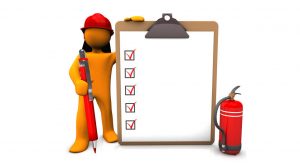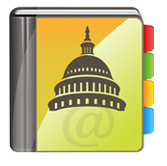
Mental health is an important part of overall health and well-being. It is important at every stage of life, from childhood and adolescence through adulthood. Mental health includes our emotional, psychological, and social well-being. It affects how we think, feel, and act. It also helps determine how we handle stress, relate to others, and make healthy choices.
This past year has been a difficult time for all Americans. The effects of the unprecedented novel coronavirus (COVID-19) has caused mental and emotional hardships that stem from physical suffering, loss of loved ones and financial distress for many people. Worry and stress over forced isolation, the health and safety of family and friends and financial loss results in anxiety, depression, domestic abuse, substance abuse and misuse, and suicide. Mental illness can affect anyone and can develop at any time. Its effects spread well beyond the individual to family, friends, and coworkers. Taking care of yourself, your family, and your friends can help you cope with life stressors. Helping others cope with their stress can also make your community stronger.
Ways to Cope with Stress
- Take breaks from watching, reading, or listening to news stories, including social media.
- Take care of your body.
- Take deep breaths, stretch, or meditate.
- Try to eat healthy, well-balanced meals.
- Exercise regularly, get plenty of sleep.
- Avoid alcohol and drugs.
- Make time to unwind. Try to do some other activities you enjoy.
- Connect with others. Talk with people you trust about your concerns and how you are feeling.
People often do not get the mental health services they need because they do not know where to start. If you do not have a trusted friend, family member or clergy that you can talk to, speak with your primary care doctor or another health professional about mental health issues and concerns. Ask them to connect you with the right mental health services. Some state agencies offer Employee Assistance Programs (EAP) that provide confidential mental and emotional health consulting services for their employees and family members.
Other Resources:
- Georgia Mental Health Crisis: 800-715-4225
- Georgia COVID-19 Emotional Support: 866-399-8938







